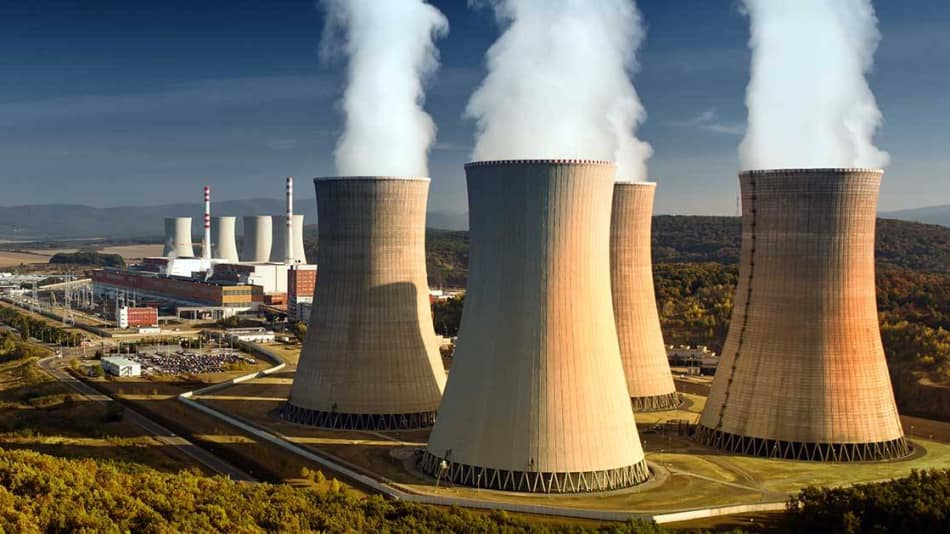There are no products in your shopping cart.
| 0 Items | £0.00 |


Ayo Akinfe
(1) As things stand, Nigeria only generates about 7,000MW of electricity and to industrialise, she needs about 50,000MW. Basically, this means Nigeria needs to generate power from several sources and the most economical is nuclear energy
(2) Nuclear plants are different to other energy plants such as coal and natural gas because despite being a thermal generation process, they do not need to burn anything to create steam. Nuclear plants are extremely environmentally friendly with virtually no carbon footprint
(3) In a nuclear plant, uranium atoms are split in a process called fission, which requires low-enriched uranium fuel. Uranium fuel is formed into pellets, one of which can produce as much energy as one tonne of coal, three barrels of oil or 17,000 cubic feet of natural gas. Our northern neighbour Niger Republic can provide us with all the uranium we need
(4) Thanks to nuclear fission, heat and neutrons are released from uranium as the atoms split. These neutrons hit other uranium atoms causing them to split, continuing the cycle. This released heat causes water within the reactor to boil, which in turn creates the steam that powers the turbines, which powers the generators to make electricity. It is actually a very straightforward process
(5) As nuclear power does not need to burn anything to create steam it does not emit greenhouse gases like methane or CO2. Once a nuclear plant is up and running, the electricity it produces is inexpensive due to the low cost of uranium. Unlike wind and solar, nuclear is a consistent, reliable source of energy, which can run uninterrupted for up to a year
(6) Nuclear plants, like all thermal generation, produce waste. However unlike other waste streams it is radioactive but 97% of the waste produced is considered low or intermediate level waste and as such is easily disposed of. Many of the fears we harbour are exaggerated and are simply scare-mongering
(7) Globally, the nuclear industry produces 34,000m³ of high-level waste a year but counter to what many people believe, it does not take forever to degrade. It is generally stored in interim storage facilities, where within just 40 years its radioactivity levels decrease to one-thousandth of the level
(8) I agree that the potential for disasters such as Chernobyl and Fukushima is a constant concern when considering nuclear power as they both had devastating effects upon their environments. However it is important to remember that together with Three Mile Island, they are the only major incidents in over 17,000 cumulative reactor-years of commercial nuclear power operation in 33 countries
(9) Nigeria should be sending a team of scientists to Beirut to study what was wrong with their storage facilities there which led to the blast. This team should then visit other nuclear sites to see how they manage to keep radiation in check and prevent leakages
(10) If we want to match South Africa’s 51,000MW of generated electricity within a short space of time, we simply need to go for nuclear power. To go from 7,000MW to 51,000MW takes a lot of initiative and risk. Hydro, gas, wind and solar can be part of the plan but nuclear energy can generate more electricity with less stress